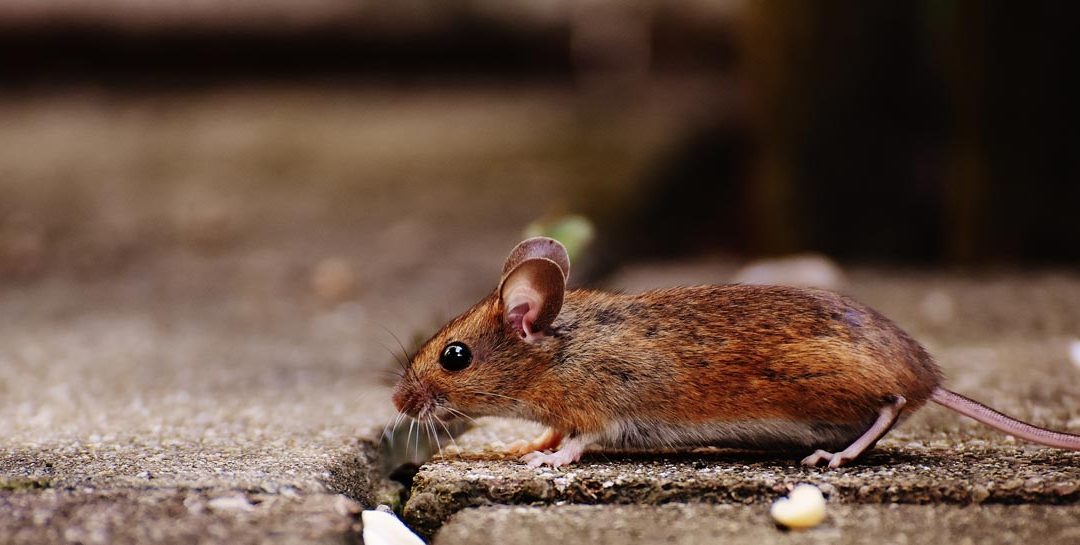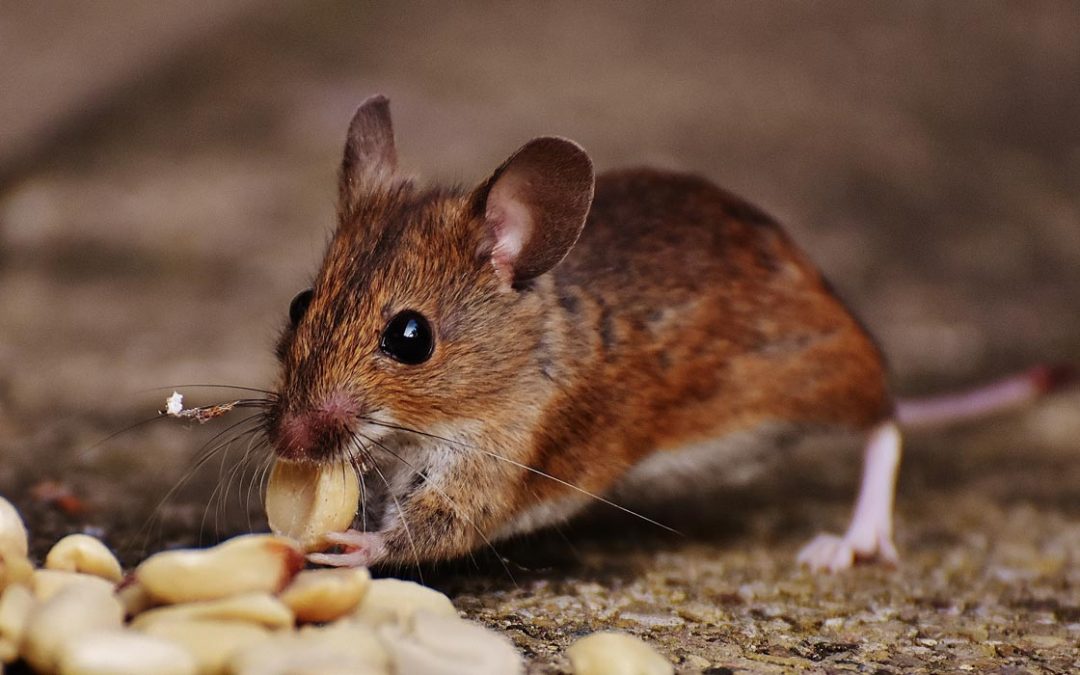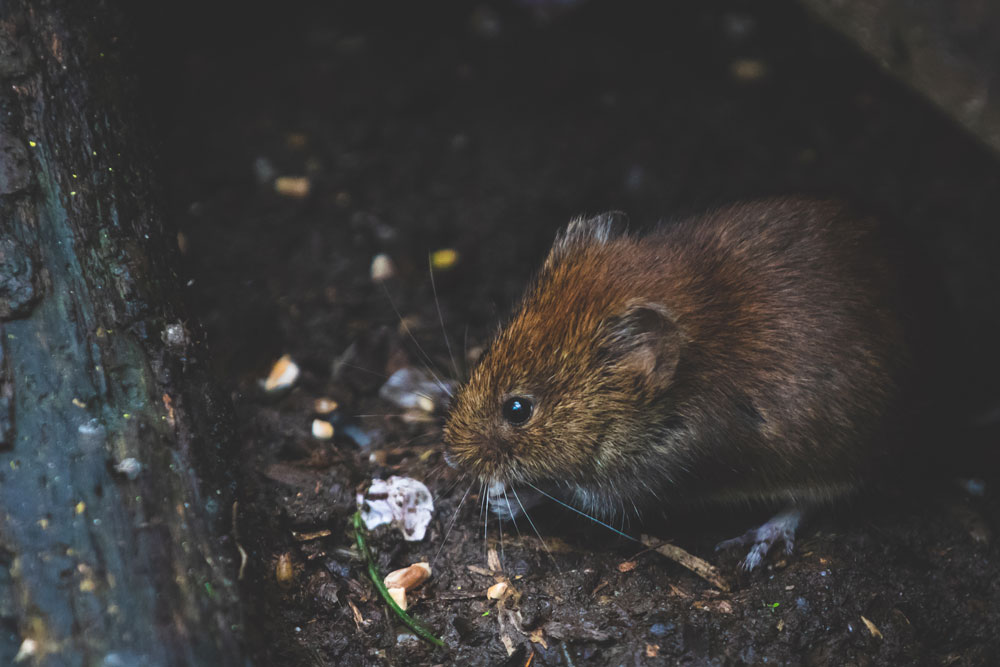
How to manage rats in winter
HOW TO GET RID OF RATS IN WINTER
Like most pests, rats are naturally drawn to the warmth and shelter indoors when winter sets in. However, they certainly aren’t the best house guests to have around. Not only are rats noisy and active at night, keeping you and your family awake. They can also spread germs, diseases and parasites.
In Australia, the public and environmental health legislation states that the responsibility falls on homeowners and occupiers to prevent rodents from living and breeding on their property. So, if you’re noticing signs of a rat outbreak, learn more about how you can rat-proof your home in this blog.
What questions will this article answer?
Why do I have rats in my house this winter?
They are attracted to the warmth, shelter and food sources inside your home.
Problems caused by rats
Rats can cause structural damage to timber, walls, and insulation, and chew through electrical wiring. They can also burrow underground and cause problems with cables, pipes and house foundations. When they leave behind their waste in air vents, you may notice an unpleasant oudor and germs wafting around the house, which could result in illness for the building’s occupants.
Signs of a rat outbreak
Look for rat droppings, rat nests, noises at night, gnawed food and gnaw marks around your home, greasy fur marks, burrows and tracks.
How to prevent a rat outbreak
Seal all entry points, keep your home and yard tidy and practice proper food storage.
DIY rat removal
You can purchase traps and baits from hardware stores and supermarkets.
Professional rat prevention
At Allstate, we use lockable, tamper-proof bait stations positioned strategically around your home and regularly monitor and replenish them.
Choose Allstate for effective and fast rat removal this winter
Our treatment solutions come with a six-month warranty and are completely safe to be used around pets and children. We have a 24/7 availability for urgent enquiries in all suburbs of Adelaide.
Why do I have rats in my house in winter?
As winter brings their breeding cycle to an end, rats are attracted to the warmth and shelter of your home as a nesting place when the temperatures plunge outside.
The cold weather also makes it more difficult for rats to scavenge for food, so they’ll tend to expand their search to new locations, such as your home and garden.
Since they can squeeze through gaps as small as 14mm in diameter, it’s not difficult for them to sneak into your home. They can even chew through ridge cap plugs.
You may find them hiding in less frequented areas such as sheds, garages, inside roof spaces, walls and ceilings, underneath cupboards, floors and bathtubs and behind boxes. They may also lurk in your garden behind thick vegetation, wood piles and rubbish heaps.
With persistently cool, damper conditions and more rainfall, the increased moisture attracts more cockroaches and in turn, rats.
Problems caused by rats
Here are some reasons why you want to avoid having an outbreak of rats in your home this winter:
- They carry and spread germs and diseases such as Salmonella, leptospirosis and rat bite fever
- Rats carry ticks and fleas which can trigger allergies in both pets and people
- They contaminate clean surfaces, water and food with their fur, urine and droppings
- A pungent, musty odour in your home
- They can cause damage from gnawing at wood, insulation and food containers
- Gnawing at electrical wiring can cause dangerous short circuits
- Their nests are made of twigs, wood, fabric, grass, litter paper, straw and various other scraps which can leave a mess
Signs of a rat outbreak
For centuries, rats have been notorious for causing a nuisance in homes and businesses alike. Look for the following clues to help you identify a rat infestation:
- Droppings look like shiny black grains of rice that are 12-18mm long
- Scratching, squeaking and running noises at night in walls, ceilings, under floors
- An unpleasant musty odour from urine and droppings
- Gnawed food and crumbs scattered around
- Gnaw marks and holes on walls, timber, electric cables and conduits and pipes
- Greasy fur marks from sebum along walls and skirting boards
- Swinging marks from tails on dusty surfaces
- Burrows and tracks through gardens and soil, along fences and flooring
- Rat nests are usually hidden, but look like a pile of various scraps and materials
You can learn more about the signs of a rat outbreak here: Rat and Mouse Guide
Prevent rats for good. Speak to the experts today.
 or
or
How to prevent a rat outbreak
Preparing your home and yard is the best way to keep rats away this winter.
Declutter less frequented areas such as attics, sheds, garages and other storage areas to reduce the number of hiding spots.
Ensure your backyard is tidy by trimming excess vegetation and foliage, disposing of fallen fruit, pet waste and piles of organic matter. Tightly seal rubbish and compost bins.
Use wire mesh to cover rainwater tanks and floor vents and install a chimney grate or cap as this is a popular entry site for rats. Consider fitting weather strips around windows and at the bottom of doors.
Remove all potential food sources and water, and practice safe food handling and storage by wiping all preparation surfaces and keeping food in tightly sealed containers. Avoid leaving uneaten pet food outside.
We recommend regularly inspecting your home for entry points, around the entire perimeter, from the ground to the roof. You can consider using products such as waterproof sealant, silicone or caulk to seal off any small cracks, crevices and holes.
Applying strong smelling products such as peppermint oil, black pepper and cayenne pepper around home perimeter can also be an effective deterrent for rats.
Learn more about how to rat-proof your home this winter here: Keep Rats Out
DIY rat removal
There are many readily available products that you can purchase easily from your local hardware store and some supermarkets to prevente a rat outbreak.
Rodent bait stations are a popular option but may only be a short-term solution if food and shelter are still readily available. Also, due to the toxic nature of the chemical baits, they must be used carefully in the presence of children and pets.
Traps are another common method for rat control. Remember to purchase the correct size for rats as they are larger and stronger than mice. We recommend removing the captured rats as soon as you can and spraying the area with insecticide to remove fleas.
Manage rats once and for all with Allstate
 or
or
Professional rat prevention
For persistent or severe outbreaks, it’s best to call in the experts.
An Allstate pest technician will first inspect your property to identify the source of the outbreak, as well as potential entry points and nesting sites. We can also check if there are any secondary pest infestations.
We’ll then seal off all entry points and place lockable, tamper-proof bait stations in strategic spots around your home to ensure that they are easily accessed by the pesky rats. Rest assured that these are completely safe to be used around pets and children.
Your technician will regularly monitor and replenish the bait stations, and remove the dead rodents promptly, even if they happen to be in hard-to-reach spots.
Patience is needed as it can take up to two weeks before you notice a significant reduction in the rat population, especially if there is a heavy infestation.
Choose Allstate for effective and fast rat removal this winter
The last thing you need in the cold, wet weather is a rat outbreak keeping you up at night. Luckily, at Allstate, our highly trained team of pest technicians can provide safe and long-lasting treatment options that come with a six-month warranty.
We’re available 24/7 for urgent enquiries to all suburbs of Adelaide, and we can help prevente rats in homes, commercial and industrial properties of all sizes.
With payment plans available and a 100% satisfaction guarantee on all our services, you’ll most definitely be able to safeguard your home from rats not only in winter, but all year around.






Recent Comments